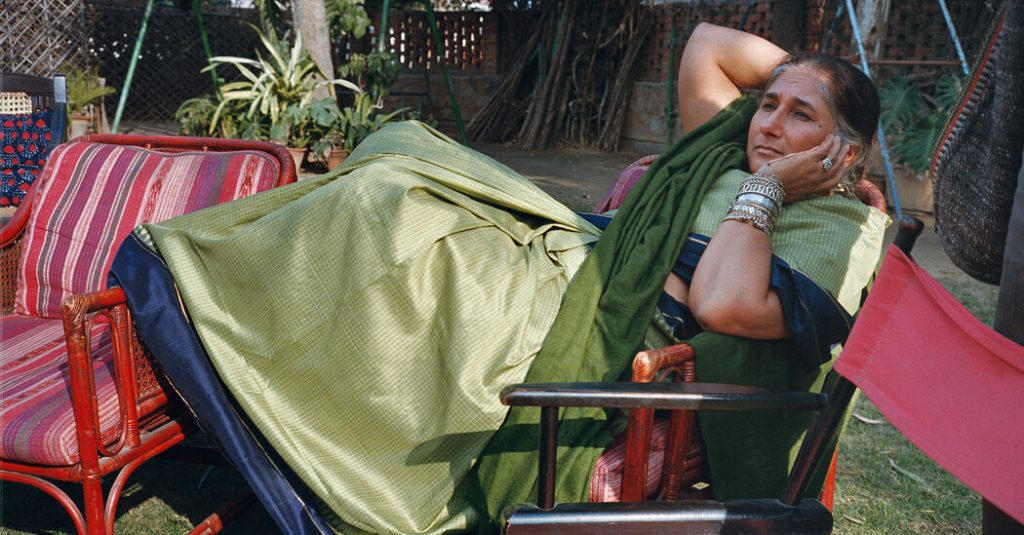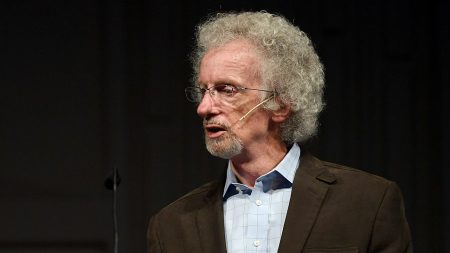Bimla Bissell, a trailblazer in her own right and a woman who left an indelible mark on American diplomacy in India, lived a life that seamlessly bridged two worlds. She wasn’t just a social secretary to four American ambassadors to India; in many ways, she was an ambassador herself — not officially, but in spirit, action, and influence. Her remarkable journey through life, which ended on January 9, at age 92 in her Delhi home, is overflowing with lessons about bridging cultures, genuine diplomacy, and living authentically.
A Diplomatic Powerhouse Behind the Scenes
Bimla Bissell’s life reads like an intricate tapestry, tightly woven with the threads of history, diplomacy, and cultural nuance. Her journey as a diplomatic force began with her role as a social secretary during the tenure of John Kenneth Galbraith, a renowned liberal economist and diplomat who shared an intellectual camaraderie with India’s first Prime Minister, Jawaharlal Nehru. The role expected her to orchestrate grand diplomatic events, not least of which was the unforgettable visit of Jacqueline Kennedy to India in 1962. A media frenzy, Jackie Kennedy’s nine-day tour was a historic cultural moment. But it was Bimla who ensured that diplomacy did not falter; it was she, for instance, who had the tact to discreetly point out that the First Lady’s gift of beef-leather picture frames might not sit well in India, a predominantly Hindu nation.
Her roles broadened and deepened under Ambassadors Chester Bowles, Kenneth B. Keating, and Daniel Patrick Moynihan, spanning administrations and leaving a legacy of cultural deftness. By assisting Richard Celeste, Bowles’ personal assistant and later a governor of Ohio and Peace Corps director, Bimla not only taught the mechanics of diplomacy but also drew him into her warm, ever-expanding social circle. Celeste credits her with "taking charge of his education" and paving the way for his smoother transition into protocol.
A One-Woman Social Network
When you think of Bimla Bissell, imagine someone who not only knew everyone of significance but also made every connection seem effortless. She was more than just connected; she was the connective tissue of a global network of artists, intellectuals, journalists, politicians, and diplomats. Her home, a vibrant stucco house in Delhi, was famous as a gathering place for luminaries of all fields. Referred to lovingly by some as "Grand Central East," it hosted heads of state, celebrated authors, movie directors, and idealistic students. Each meal and conversation represented a unique convergence of minds, and she thrived in this whirlwind.
Marie Brenner, a journalist, recalled the household as a hub of electric energy and discourse. It was, indeed, an intellectual watering hole. John Bissell, her husband and the dreamer of the duo (while she was dubbed the doer), complemented her perfectly. Together, they stood as unwavering pillars of this vibrant ecosystem. Her political acumen was legendary; she could predict election outcomes with uncanny accuracy and knew every twist in the maze of Indian political life.
Love, Partnership, and a Grounded Dreamer
Bimla’s bond with John was full of romance, grit, and mutual admiration. A Yale-educated Connecticut native, John arrived in India in 1958 on a Ford Foundation grant. He came to study the country’s fascinating crafts but never left, falling for the country — and, clearly, for Bimla. Their courtship is part of family lore: John sent her a red rose and a heartfelt note for nearly five years before she accepted his proposal. Her initial skepticism reflected her belief that John was in love with India above all else, a sentiment that his persistent mother ultimately dispelled.
The couple’s dynamic laid the foundation for Fabindia, a company rooted in celebrating Indian artisanship and traditional crafts. What started as a modest endeavor in their rented apartment blossomed into a household name, with retail stores and an international presence. Bimla’s social network and cultural fluency were indispensable in making this dream come true. Their shared vision was not only about business but also upliftment, as they fueled an ecosystem of artisans and craftsmanship while fostering cross-cultural appreciation.
Breaking Conventions with Quiet Determination
Bimla’s story wasn’t just one of accomplishments but also of breaking barriers. Much of her pioneering spirit stems from her upbringing. Born in Quetta (now in Pakistan) on October 12, 1932, Bim was raised in Lahore during a time of immense political and cultural upheaval in India. Her father, Pran Nath Nanda, a veterinary surgeon and table tennis champion, was himself a disruptor of tradition, having invented the “Nanda grip” in table tennis. Her early life saw the turbulence of Partition in 1947, which relocated her family to Delhi.
After a brief and unhappy first marriage, arranged along customary lines, Bimla defied conventions by seeking both a divorce and an education abroad. At a time when divorce was virtually taboo in India, she left for the University of Michigan, earning a master’s degree in education in 1958. While her academic journey was personally empowering, it branded her a social outcast in Delhi upon her return. Despite such challenges, she never made a spectacle of breaking norms. As her daughter, Monsoon, poignantly said, “She broke conventions, but she did it without trying to make a point. She lived the life she needed to live.”
Educator, Diplomat, Builder of Communities
Even as Bimla’s life was enmeshed with diplomatic affairs, she nurtured local communities in profound ways. In the mid-1950s, she founded Delhi’s first progressive preschool, The Playhouse, which proved to be a beacon for both middle-class Indian families and expatriates alike. The school was more than an educational institution; it served as a cross-cultural bridge, creating a nexus of dynamic relationships that enriched her role as a diplomat’s social secretary. In American circles, she became a guiding light to generations of young people entering India, often enchanting them with stories of her layered life.
After her service with the embassies ended in the 1970s, Bimla joined the World Bank as its external affairs officer in India. Here, she acted as a fixer extraordinaire, helping expatriate officials find homes, schools, and a foothold in Indian society. But she wasn’t drawn only to the elite; her heart lay in working with grassroots organizations. Her NGO, Udyogini, worked toward empowering Indian women entrepreneurs, encouraging self-reliance and growth through traditional skills.
A Lasting Legacy
Bimla’s contributions outlived her. As the matriarch of Fabindia, which her son William now runs, she provided a dynamic blueprint for sustainable business rooted in cultural preservation. Through her diplomatic work and her tireless efforts to build bridges, she redefined the role of a social secretary, taking it far beyond logistics and into genuine cultural diplomacy.
Her house in South Delhi remained a hub of cross-cultural exchanges long after her formal roles ended. She nurtured friendships that spanned decades, offering wisdom, wit, and warmth to a glittering array of politicians, artists, and thinkers. Among them was Eric Garcetti, the former mayor of Los Angeles and most recently the U.S. ambassador to India, who, like so many others, was captivated by her. His words encapsulate her essence: “You are India. And India is you.”
Reflecting on a Life That United Worlds
Bimla Bissell’s life was an extraordinary confluence of the personal, the cultural, and the political. She didn’t just witness the entwining of India and America during the 20th century; she was the thread weaving those nations together. Whether through her diplomatic finesse, her pioneering educational work, or her role in building Fabindia, she lived a life that truly transcended boundaries.
Yet, through all the high-wattage luminaries she worked with and entertained, Bimla Bissell remained grounded — a quiet force influencing history, building institutions, and forging bonds between people and cultures. Her passing leaves behind a void, but the tapestry of her connections, friendships, and accomplishments ensures her legacy will continue to shine brightly.








